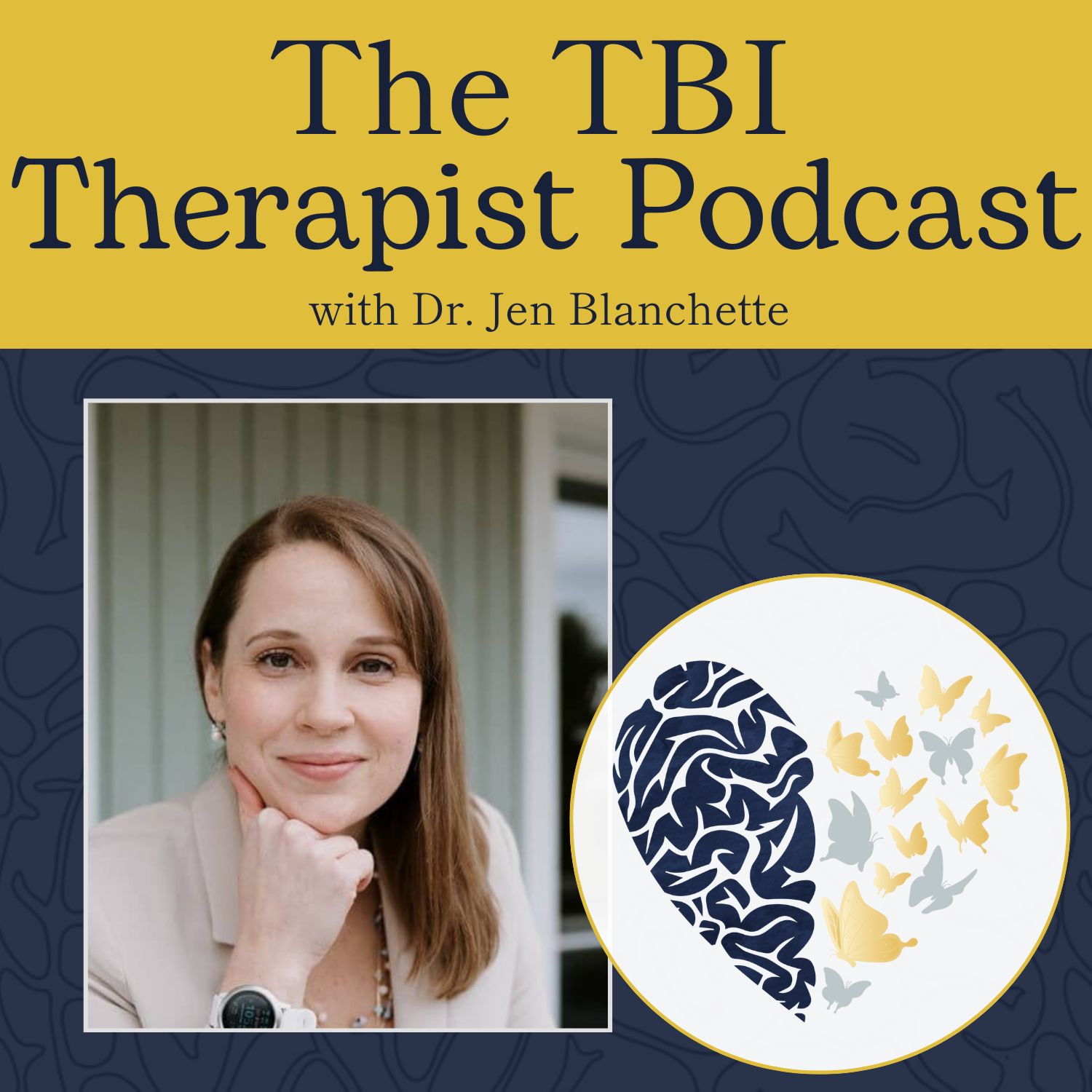In today's podcast I talk a little bit about understanding trauma, burnout, and stress after an aquired brain injury. I talk a bit about the stress cycle. I do a deep dive in my free email course. Check that out here:
https://view.flodesk.com/pages/606e5015d0ab2d0103020f8a
Look out for a blog on my website soon on this topic with even more information www.tbitherapist.com
Tips for completing the stress cycle

Our amazing guest Fred shares his journey of recovering from multiple concussions and other extremely difficult medical procedures. He shares how he dove into...

Have you ever struggled with how to take the best break after your brain injury? This week on the podcast, I dig into some...

Bonus, a re-air from Hope After Head Injury! Have you wanted to learn about other therapies for concussion or acquired brain injury? This week...